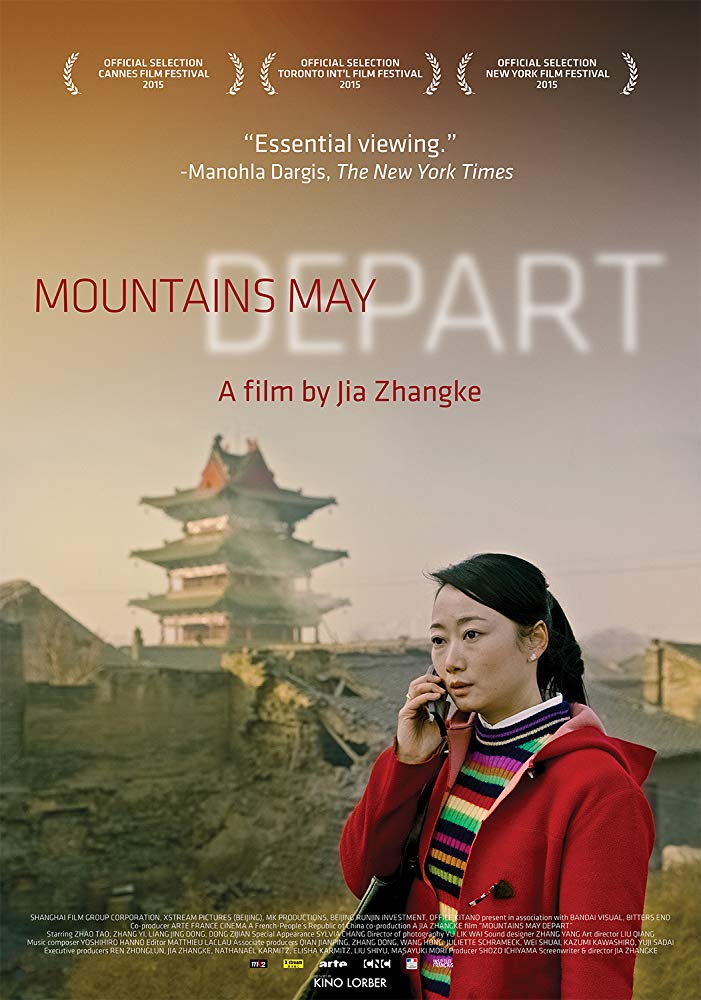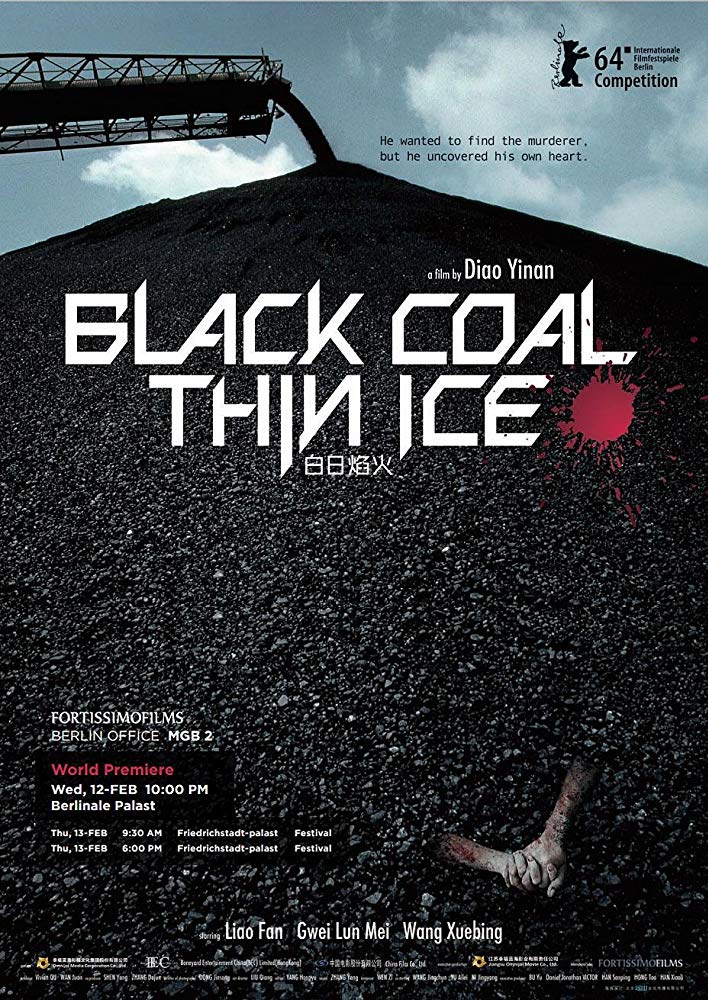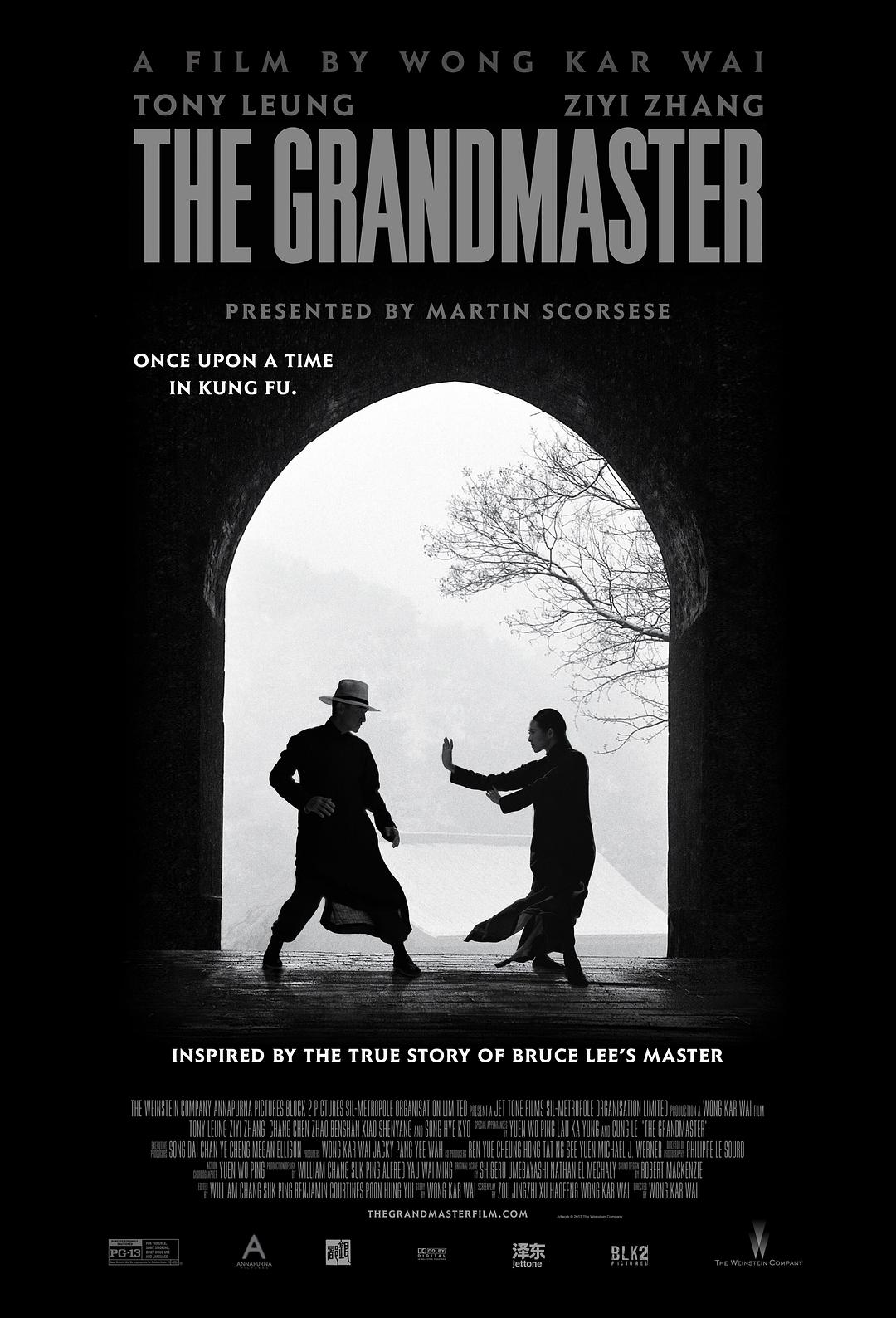China is vast enough to allow you step into a white snow paradise with a temperature as low as 24 degrees Celsius below zero in northern areas, or to offer you fun in a tropical zone with a temperate as mild as 27 degrees Celsius in South China. If you do not want either extreme, come to the coastal cities of southeast China.
Is it too late to book a trip? Well, the nine well-selected movies here will give you some idea of how China looks in winter days...
Jinpa (Zhuang Si Le Yi Zhi Yang, literally “I ran over a sheep”) is a 2018 Chinese Tibetan-language film written and directed by Pema Tseden.
Jinpa, distressed at having accidentally run over a sheep, comes across a young man who is hitching a ride. The traveler, also named Jinpa, is on his way to avenge his father’s death. Thus begins the movie, a story of revenge and redemption.
Hidden Man is a 2018 Chinese action comedy film starring Eddie Peng, Liao Fan, Jiang Wen, Zhou Yun, and Xu Qing. It is an adaptation of Zhang Beihai's wuxia or martial arts novel Xia Yin.
On the cusp of the Second Sino-Japanese War, a spy returns to China set on revenge, but finds himself plunged into a high-stakes game of intrigue, love, and scheming. The film is actor-director Jiang Wen's energetic follow-up to Let the Bullets Fly (2010) and Gone with the Bullets (2014).
The Wasted Times is a 2016 Chinese mainland China-Hong Konheyangg thriller film directed by Cheng Er.
Set against a chaotic, war torn Shanghai, the film follows a local crime boss at the receiving end of the Japanese army's attempt to forge a dubious alliance.
Spanning three separate times during the period, the story describes various perspectives, all culminating in a suspenseful and tense finale.
Mountains May Depart is a 2015 drama directed by Jia Zhangke, one of China’s Sixth Generation filmmakers.
The film’s story depicts its characters at three different times, 1999, 2014 and 2025. The first two transpire in China and center on a character played by Jia’s muse (and wife) Zhao Tao.
The third time period, which takes place mainly in Australia, finds Zhao’s character not entirely absent but sidelined to the point that the movie inevitably suffers.
Black Coal, Thin Ice is a 2014 Chinese thriller film written and directed by Diao Yinan. The film won the Golden Bear award at the 64th Berlin International Film Festival.
Zhang Lili (Liao Fan) is an ex-cop traumatized by a brutal shooting he witnessed five years before while on the trail of a killer leaving chopped-up body parts in piles of coal.
Now a drunk and a loser, he works as a security guard and becomes obsessed with a new case: corpses chopped up in the same way, but with a macabre new detail – the feet have ice-skates attached.
The Taking of Tiger Mountain, a 2014 Chinese mainland-Hong Kong 3D epic action film directed by Tsui Hark, was released on Dec 23, 2014.
Adapted from the novel Tracks in the Snowy Forest by Qu Bo, the story focuses on a conflict between a People's Liberation Army squad and a bandit gang in Northeast China during the Chinese revolution.
The Grandmaster is an epic action feature inspired by the life and times of the legendary kung fu master, Ip Man. The film was directed and written by Wong Kar-wai and stars Tony Leung as Ip Man.
The story spans the tumultuous Republican era that followed the fall of China's last dynasty, a time of chaos, division and war that was also the golden age of Chinese martial arts.
Perhaps Love is a 2005 musical film directed by Peter Chan. The film was submitted by Hong Kong as its official entry for the 2006 Academy Awards. It closed the Venice Film Festival in 2005.
The story is of a movie director, Nie Wen (Jacky Cheung), who is going through a crisis. The local press accuses him of selling out to offshore money and being forced to use a Hong Kong male star. More to the point, that star, Lin Jiandong (Takeshi Kaneshiro), is an old flame of the movie’s female lead, Sun Na (Zhou Xun), Nie’s protege and great love.
Sun is frosty when she meets Lin, and denies she ever knew him. But flashbacks tell the audience otherwise.
The film shuttles back and forth between the present and past, mixing musical numbers from the movie being made with others in “real” life. Fearing the rebirth of his two stars’ love affair, Nie casts himself in the role of the movie’s circus manager, and “real” life and the world of film become inextricably intertwined.
Comrades: Almost a Love Story is a 1996 Hong Kong film starring Maggie Cheung and Leon Lai, directed by Peter Chan. The title refers to "Tian Mi Mi", a song by Teresa Teng whose songs are featured in the film. It was shot on location in Hong Kong and New York City.
Leon Lai plays a naive Northerner, Li Xiaojun, and Maggie Cheung plays Li Qiao, an opportunist Cantonese speaker from Guangzhou, who takes advantage of mainlanders for financial gains.
The film, spanning years, centers on two young people from Chinese mainland who migrate to Hong Kong to make a living, and end up falling in love.







